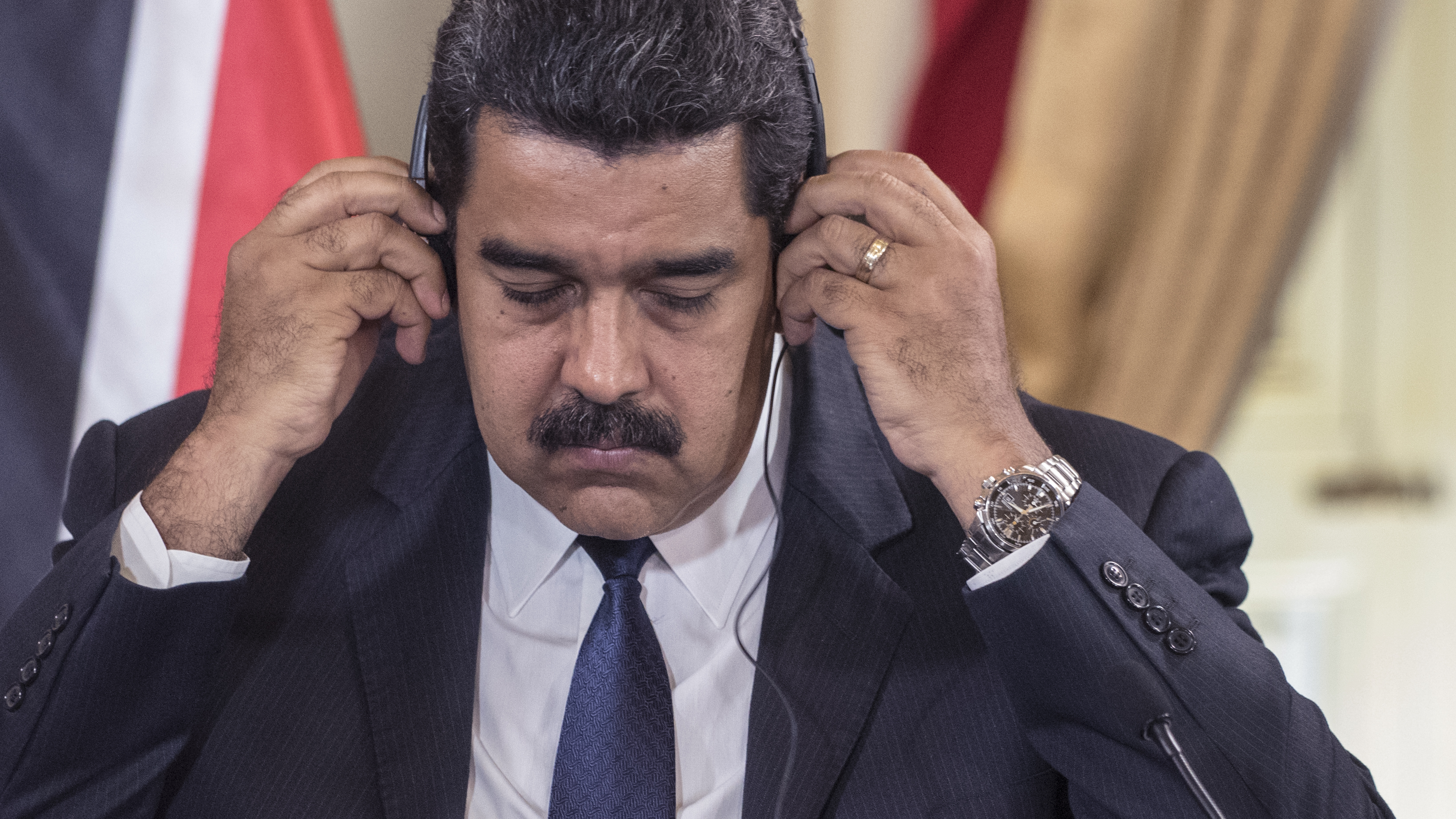Tracking Compliance with the South China Sea Arbitral Award: China’s 2017 Summer Fishing Moratorium May Rekindle Conflict with the Philippines
Last week, Chinese media reported that the Chinese Ministry of Agriculture has promulgated a summer fishing moratorium that includes many parts of the South China Sea.
Published by The Lawfare Institute
in Cooperation With

Last week, Chinese media reported that the Chinese Ministry of Agriculture has promulgated a summer fishing moratorium that includes many parts of the South China Sea. An arbitral tribunal formed pursuant to the UN Convention for the Law of the Sea decided this past July that a substantially similar 2012 fishing moratorium disregarded the Philippines’ sovereign rights to manage the living resources of its EEZ. The Chinese Ministry of Agriculture’s decision to promulgate a fishing moratorium this summer with these same legal defects confirms that China continues to violate important elements of international maritime law generally and the arbitral tribunal’s award in particular. This moratorium also threatens to undermine the budding China-Philippines rapprochement over their South China Sea disputes.
The moratorium prohibits all fishing operations, other than by bait and tackle, in the South China Sea north of the 12th parallel from May 1st through August 16th. The moratorium does not distinguish between Chinese and foreign fishermen. It also does not provide exceptions for areas of the South China Sea falling within the Philippines’, or any other country’s, Exclusive Economic Zone (EEZ). While individual provinces, autonomous regions, and municipalities may adjust the specific dates of the moratorium, any moratorium period they designate must last for at least three months.
As an archipelago, the Philippines is entitled to an EEZ in much of the South China Sea north of the 12th parallel that overlaps with China’s jurisdictional and sovereign claims. The arbitral tribunal found that Chinese claims to jurisdictional control of fishing resources within its “Nine Dash Line” are contrary to UNCLOS, which only provides sovereign and jurisdictional rights within specified maritime zones extending from a country’s coastline. UNCLOS Article 56 provides that the coastal state has sovereign rights to conserve and manage living and non-living resources only within its EEZ, which extends 200 nautical miles from the coast. Most of the Chinese mainland coast is more than 600 nautical miles north of the 12th parallel designated in the moratorium.
The Ministry of Agriculture’s moratorium does not specifically reference China’s sovereign and jurisdictional claims in the region—it simply states that the moratorium applies to the “waters of the South China Sea” north of the 12th parallel (“北纬12度以北的南海(含北部湾)海域”). To discern which maritime zones this might implicate, one might reference China’s Fisheries Law, the authority upon which the moratorium was promulgated. But the Fisheries Law does not help China’s case here since it purports to govern all fisheries activities in “all other waters under China’s jurisdiction” (“中华人民共和国管辖的一切其他海域”)—presumably including waters within the Nine Dash Line.
Since July we have tracked China’s de facto compliance with the arbitral award. As of our last writing, we found that China was in clear violation of three of the tribunal’s rulings and fully compliant with two. Since China continued to enforce a similar fishing ban this past summer after the arbitral decision was released, the Ministry of Agriculture’s present moratorium does not change this analysis. For a full summary of China’s compliance with the award, see our chart below.
Although it is consistent with its past practice, the announcement of the 2017 moratorium may threaten some positive developments that had occurred this past fall. In late October, Chinese and Philippine officials came to a de facto agreement to allow Filipino fishing around Scarborough Shoal—a persistent source of tension between both countries. Scarborough Shoal lies within the South China Sea and is north of the 12th parallel. Enforcing a Chinese fishing moratorium in these waters, where the arbitral tribunal found that Filipino fishermen enjoy traditional fishing rights, would not only explicitly violate the arbitral award, but it would also undermine cooperation between China and the new Philippines administration. It is also likely to frustrate progress on the Philippines’ already ambitious plan to finalize the framework of a China-ASEAN Code of Conduct in the South China Sea by the end of 2017.
In sum, while this year’s fishing moratorium is not a departure from Chinese practice (if anything, it was quite predictable), its enforcement is likely to undo some of the few sources of cooperation we have seen in the South China Sea over the past year. If, on the other hand, China defies expectations by not enforcing the moratorium against foreign fishermen (such as the Filipinos near the Scarborough Shoal), observers would have a tangible sign of China’s willingness to make real concessions. There have been no signals of such a willingness, but the manner that China enforces this moratorium still bears close observation.




